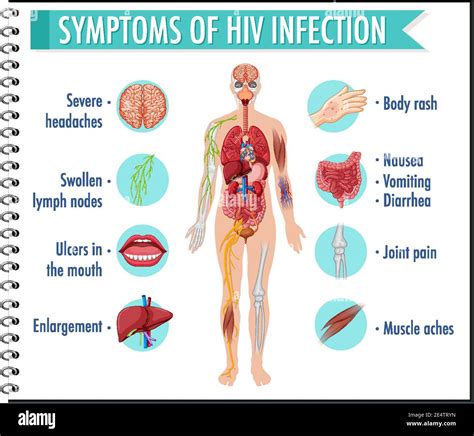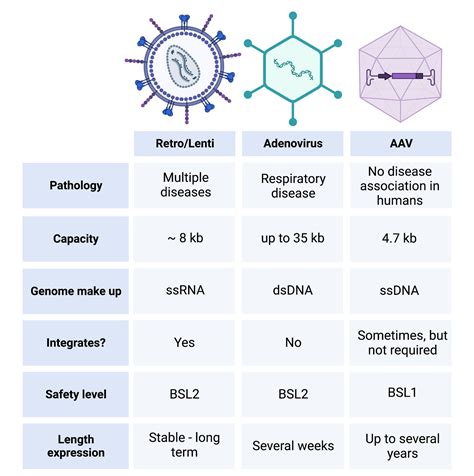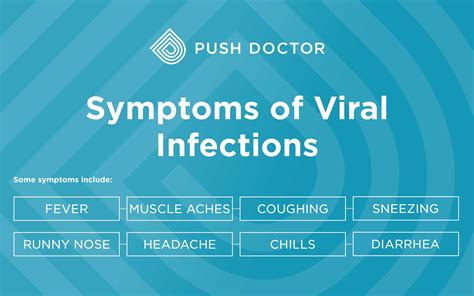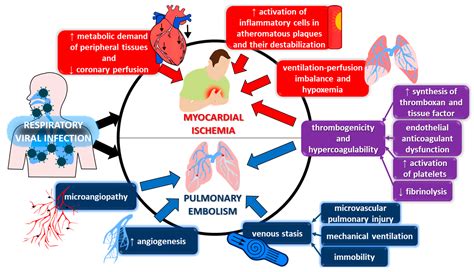Intro
Identify viral infection symptoms, including fever, cough, and fatigue. Learn about common viral infections, their causes, and treatments, to manage symptoms and prevent complications, with related conditions like flu, cold, and COVID-19.
The world of viral infections is complex and multifaceted, with a wide range of symptoms that can affect individuals in different ways. Understanding the various symptoms of viral infections is crucial for early detection, proper treatment, and prevention of complications. In this article, we will delve into the world of viral infection symptoms, exploring the common and not-so-common signs that can indicate the presence of a viral infection.
Viral infections can affect anyone, regardless of age, gender, or health status. They can be spread through various means, including airborne transmission, contaminated food and water, and direct contact with an infected person. The symptoms of viral infections can vary greatly, depending on the type of virus, the individual's immune system, and the severity of the infection. Some viral infections may cause mild symptoms that resolve on their own, while others can lead to severe complications, such as organ damage or even death.
The importance of recognizing viral infection symptoms cannot be overstated. Early detection and treatment can significantly improve outcomes, reduce the risk of complications, and prevent the spread of the infection to others. Moreover, understanding the symptoms of viral infections can help individuals take preventive measures, such as practicing good hygiene, getting vaccinated, and avoiding close contact with people who are sick. By being aware of the common symptoms of viral infections, individuals can take control of their health and well-being, reducing the risk of infection and promoting overall wellness.
Viral Infection Symptoms Overview

Viral infections can cause a wide range of symptoms, from mild to severe. Some common symptoms of viral infections include fever, headache, fatigue, muscle aches, and sore throat. In some cases, viral infections can also cause gastrointestinal symptoms, such as nausea, vomiting, and diarrhea. Respiratory symptoms, such as coughing and shortness of breath, can also occur, especially in infections that affect the lungs, such as influenza or coronavirus.
Common Viral Infection Symptoms
Some of the most common symptoms of viral infections include: * Fever: A high body temperature, usually above 100.4°F (38°C), can indicate the presence of a viral infection. * Headache: A headache can be a symptom of a viral infection, especially if it is accompanied by other symptoms, such as fever or fatigue. * Fatigue: Feeling tired or exhausted can be a symptom of a viral infection, especially if it is accompanied by other symptoms, such as fever or headache. * Muscle aches: Muscle pain or aches can be a symptom of a viral infection, especially if it is accompanied by other symptoms, such as fever or fatigue. * Sore throat: A sore throat can be a symptom of a viral infection, especially if it is accompanied by other symptoms, such as fever or coughing.Types of Viral Infections

There are many types of viral infections, each with its own unique set of symptoms. Some common types of viral infections include:
- Influenza: Also known as the flu, influenza is a viral infection that affects the respiratory system, causing symptoms such as fever, coughing, and shortness of breath.
- Coronavirus: Coronavirus is a viral infection that affects the respiratory system, causing symptoms such as fever, coughing, and shortness of breath.
- Herpes: Herpes is a viral infection that affects the skin, causing symptoms such as blisters, itching, and burning.
- Hepatitis: Hepatitis is a viral infection that affects the liver, causing symptoms such as jaundice, fatigue, and abdominal pain.
Viral Infection Symptoms in Different Age Groups
Viral infections can affect individuals of all ages, from children to older adults. The symptoms of viral infections can vary depending on the age group, with some age groups being more susceptible to certain symptoms than others. For example: * Children: Children are more susceptible to viral infections that affect the respiratory system, such as influenza and coronavirus. Symptoms in children may include fever, coughing, and shortness of breath. * Adults: Adults are more susceptible to viral infections that affect the gastrointestinal system, such as norovirus and rotavirus. Symptoms in adults may include nausea, vomiting, and diarrhea. * Older adults: Older adults are more susceptible to viral infections that affect the respiratory system, such as influenza and pneumonia. Symptoms in older adults may include fever, coughing, and shortness of breath.Viral Infection Diagnosis and Treatment

Diagnosing a viral infection can be challenging, as the symptoms can be similar to those of other illnesses. A healthcare professional may use a combination of physical examination, medical history, and laboratory tests to diagnose a viral infection. Treatment for viral infections typically involves relieving symptoms, such as fever and headache, and supporting the body's immune system. In some cases, antiviral medications may be prescribed to treat certain viral infections, such as influenza or herpes.
Prevention of Viral Infections
Preventing viral infections is crucial to reducing the risk of infection and promoting overall wellness. Some ways to prevent viral infections include: * Practicing good hygiene, such as washing hands frequently and avoiding close contact with people who are sick. * Getting vaccinated against certain viral infections, such as influenza and human papillomavirus (HPV). * Avoiding contaminated food and water, such as raw or undercooked meat, and untreated water. * Getting enough sleep, exercising regularly, and managing stress to support the body's immune system.Viral Infection Complications

Viral infections can lead to complications, especially if left untreated or if the individual has a weakened immune system. Some common complications of viral infections include:
- Respiratory failure: Viral infections that affect the respiratory system, such as influenza and coronavirus, can lead to respiratory failure, especially in older adults or individuals with underlying health conditions.
- Organ damage: Viral infections that affect the liver, such as hepatitis, can lead to organ damage and failure.
- Secondary infections: Viral infections can increase the risk of secondary infections, such as bacterial pneumonia or sepsis.
Viral Infection Research and Development
Research and development are ongoing to improve our understanding of viral infections and to develop effective treatments and prevention strategies. Some areas of research include: * Antiviral medications: Researchers are working to develop new antiviral medications that can effectively treat viral infections, such as influenza and coronavirus. * Vaccines: Researchers are working to develop new vaccines that can prevent viral infections, such as HPV and hepatitis. * Diagnostic tests: Researchers are working to develop new diagnostic tests that can quickly and accurately diagnose viral infections, such as rapid tests for influenza and coronavirus.Viral Infection and Mental Health

Viral infections can have a significant impact on mental health, especially if the individual experiences a severe or prolonged infection. Some common mental health effects of viral infections include:
- Anxiety: Viral infections can cause anxiety, especially if the individual is concerned about the risk of complications or the impact on daily life.
- Depression: Viral infections can cause depression, especially if the individual experiences a prolonged or severe infection.
- Post-traumatic stress disorder (PTSD): Viral infections can cause PTSD, especially if the individual experiences a traumatic event, such as a severe infection or hospitalization.
Coping with Viral Infections
Coping with viral infections can be challenging, but there are several strategies that can help. Some ways to cope with viral infections include: * Practicing self-care, such as getting enough sleep, exercising regularly, and eating a healthy diet. * Seeking social support, such as talking to friends and family or joining a support group. * Engaging in stress-reducing activities, such as meditation or yoga. * Seeking professional help, such as therapy or counseling, if needed.What are the most common symptoms of viral infections?
+The most common symptoms of viral infections include fever, headache, fatigue, muscle aches, and sore throat.
How can I prevent viral infections?
+Preventing viral infections involves practicing good hygiene, getting vaccinated, avoiding contaminated food and water, and getting enough sleep, exercising regularly, and managing stress.
What are the complications of viral infections?
+Viral infections can lead to complications, such as respiratory failure, organ damage, and secondary infections, especially if left untreated or if the individual has a weakened immune system.
In conclusion, viral infections are complex and multifaceted, with a wide range of symptoms that can affect individuals in different ways. By understanding the common symptoms of viral infections, individuals can take control of their health and well-being, reducing the risk of infection and promoting overall wellness. If you have any questions or concerns about viral infections, please don't hesitate to reach out to a healthcare professional. Share this article with your friends and family to help spread awareness about viral infections and their symptoms. Together, we can work towards a healthier and happier community.
